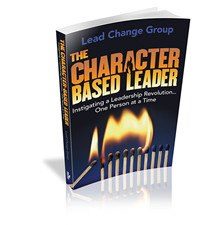I am not a mother. However, as Mother’s Day approached this year, I thought of multiple conversations I’ve had with mothers over the past few years.

- Conversations with new mothers that are in the midst of raising little children and have no time for themselves.
- Conversations with stay at home mothers that feel like they are frequently treated as if they are less intelligent, less creative, or have less to contribute to our world because they don’t have a full-time job outside of the home.
- Conversations with mothers in blended families, as they work to be peacemakers that are consistent, fair and explainable in all they do.
- Conversations with mothers that are a guiding light when their families go through trememdous change.
- Conversations with mothers that haverecently lost a child.
- Conversations with mothers that are raising children with cognitive challenges, health issues, mental health challenges…
As I think about the mothers and grandmothers I admire, these traits float to the top:








